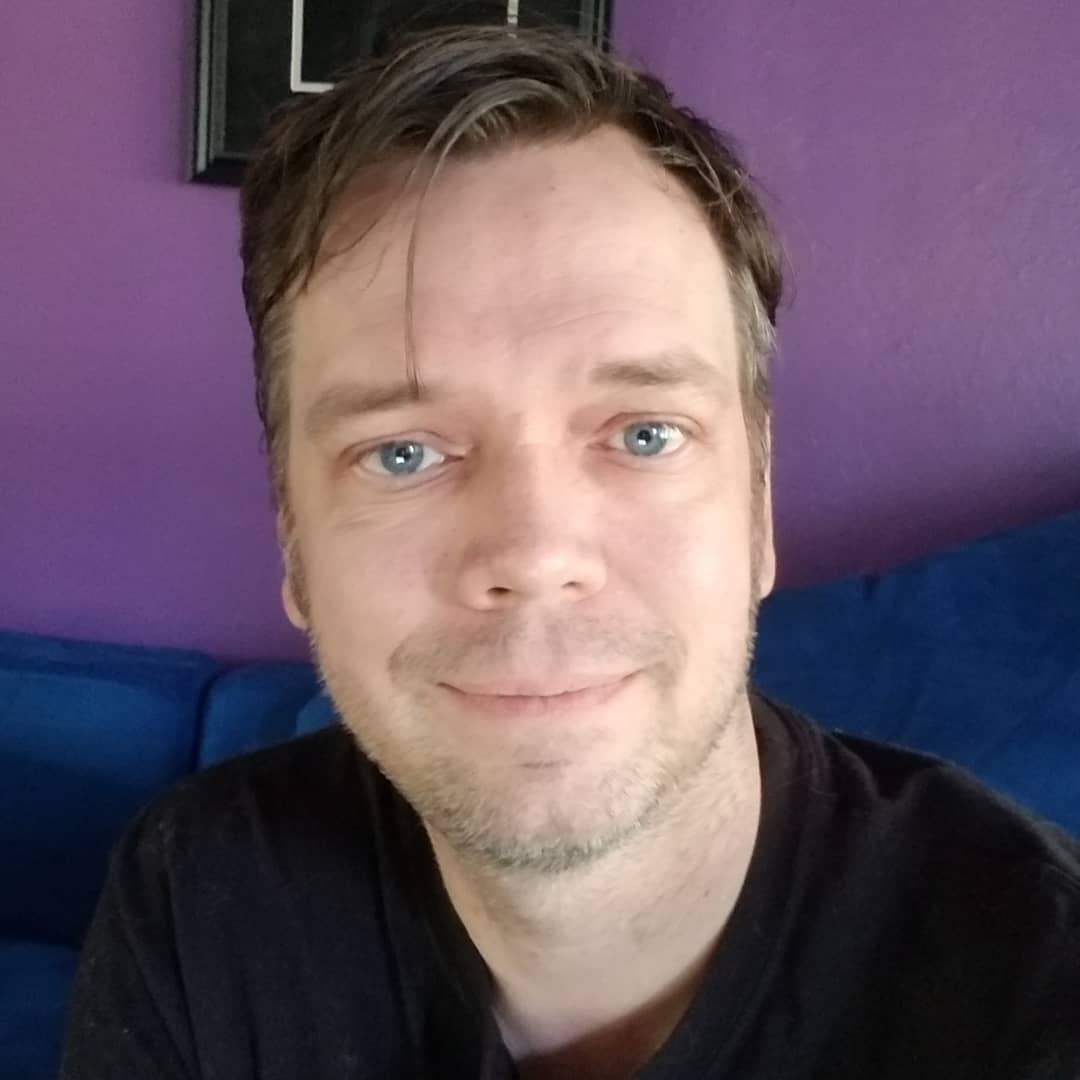
by Jason Kivela | Jan 17, 2023 | Blog
David R. Slayton (He/Him) grew up outside of Guthrie, Oklahoma, where finding fantasy novels was pretty challenging and finding fantasy novels with diverse characters was downright impossible. David’s debut, White Trash Warlock, was published in 2020 by Blackstone...
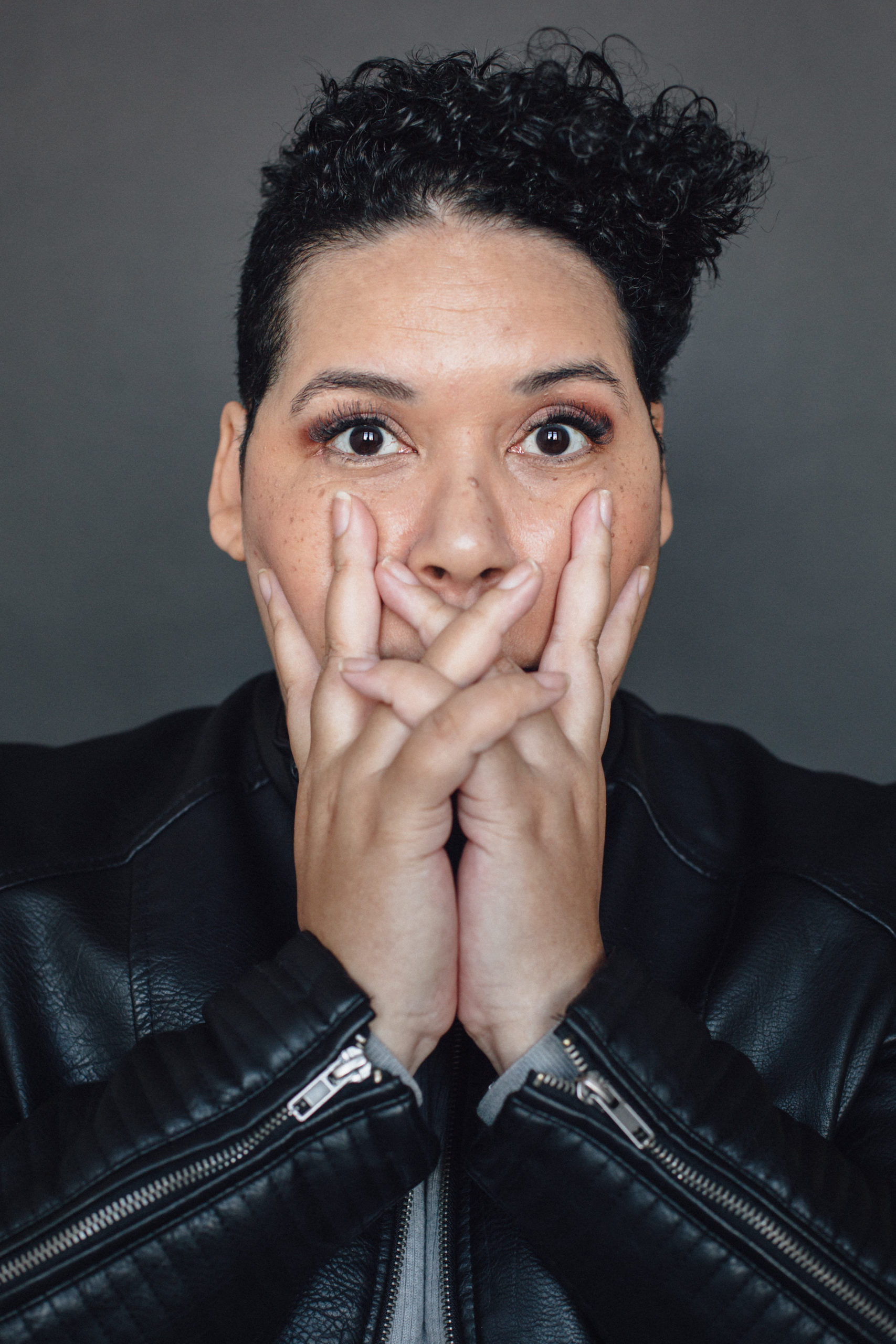
by Michele Kirichanskaya | Nov 18, 2022 | Blog
C. L. Polk (they/them) wrote the Hugo-nominated series The Kingston Cycle, including the WFA-winning Witchmark. The Midnight Bargain was a Canada Reads, Nebula, Locus, Ignyte, and WFA finalist. They have worked as a film extra, sold vegetables on the street, and...
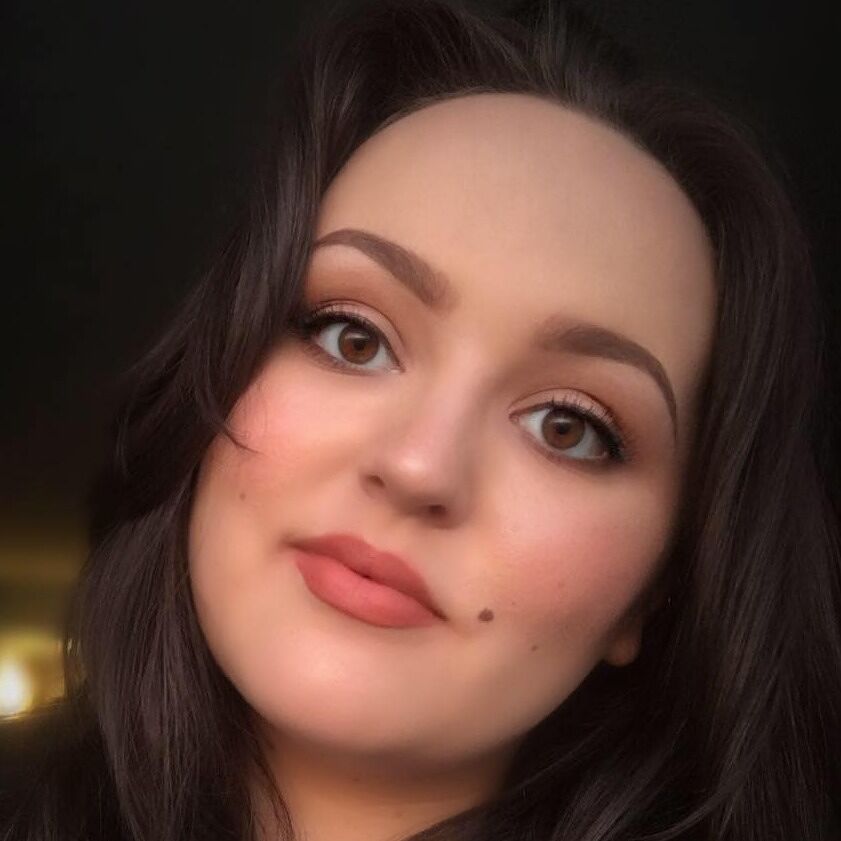
by Michele Kirichanskaya | Sep 12, 2022 | Blog
Melissa Blair (she/her/kwe) is an Anishinaabe-kwe of mixed ancestry living in Turtle Island. She splits her time between Treaty 9 in Northern Ontario and the unceded territory of the Algonquin Anishinabeg in Ottawa, Canada. She has a graduate degree in Applied...
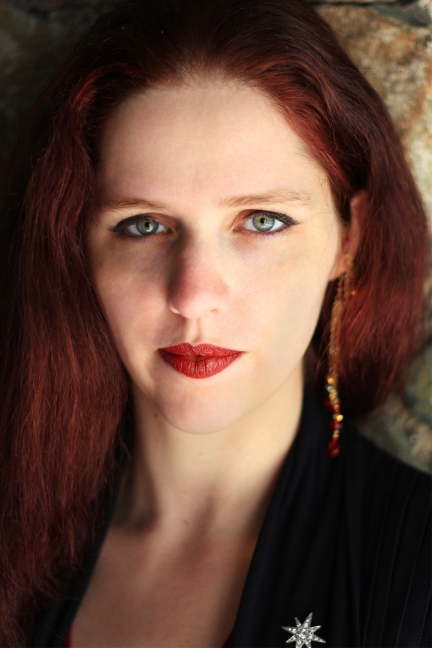
by Michele Kirichanskaya | Aug 17, 2022 | Blog
Alexandra Rowland is the author of several fantasy books, including A Conspiracy Of Truths, A Choir Of Lies, and Some by Virtue Fall, as well as a co-host of the Hugo Award nominated podcast Be the Serpent, all sternly supervised by their feline quality control...
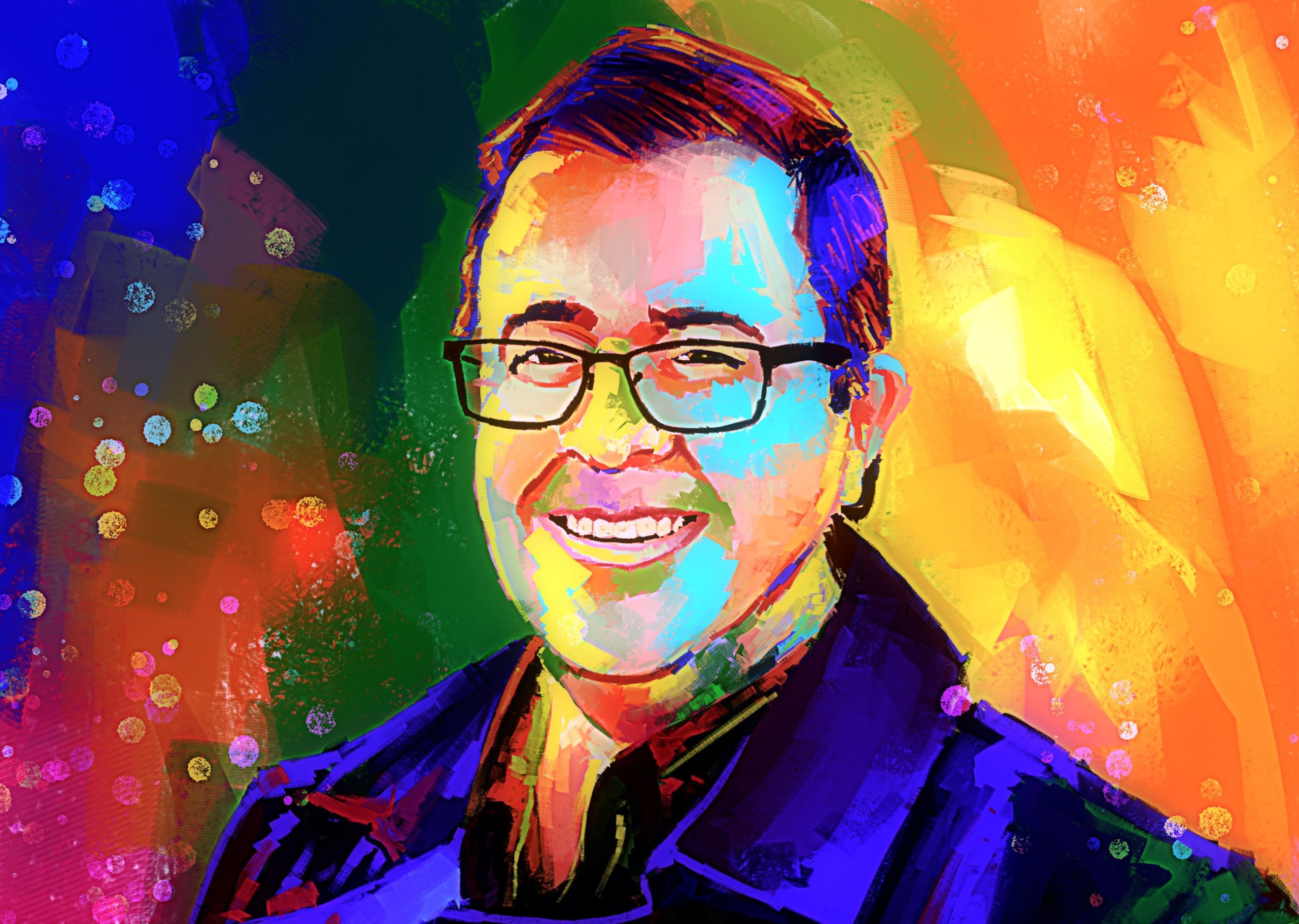
by Jason Kivela | Apr 1, 2022 | Blog
K.D. Edwards lives and writes in North Carolina, but has spent time in Massachusetts, Maine, Colorado, New Hampshire, Montana, and Washington. (Common theme until NC: Snow. So, so much snow.) Mercifully short careers in food service, interactive television, corporate...






